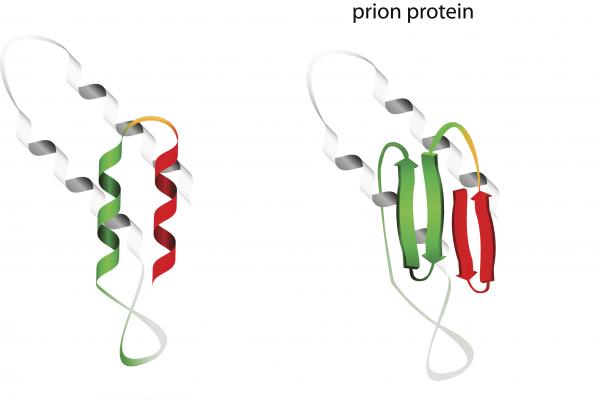
While Alzheimer’s disease usually affects people over the age of 65, it can also affect people in their 40s, 50s and early 60s. When it does, the condition is known as younger-onset or early-onset Alzheimer’s disease.





© 2024 The Neuroscience Institute. All Rights Reserved. Web Design by EDUCO